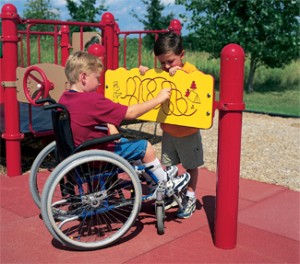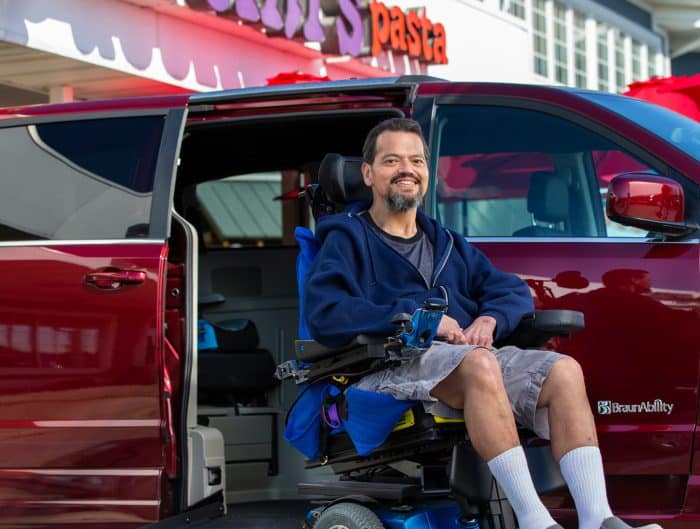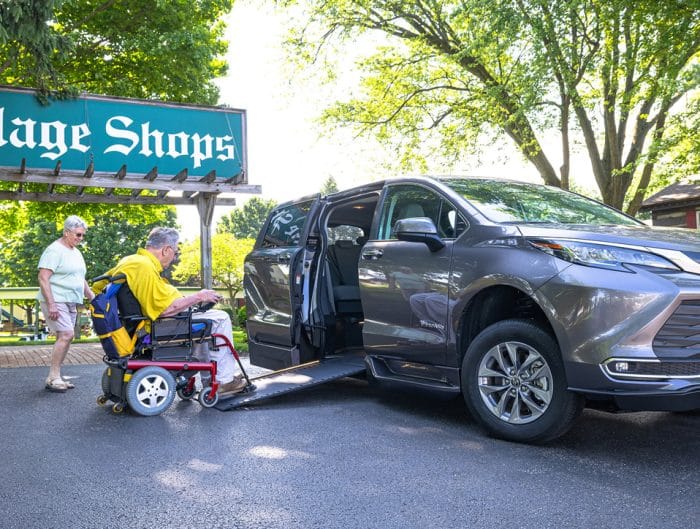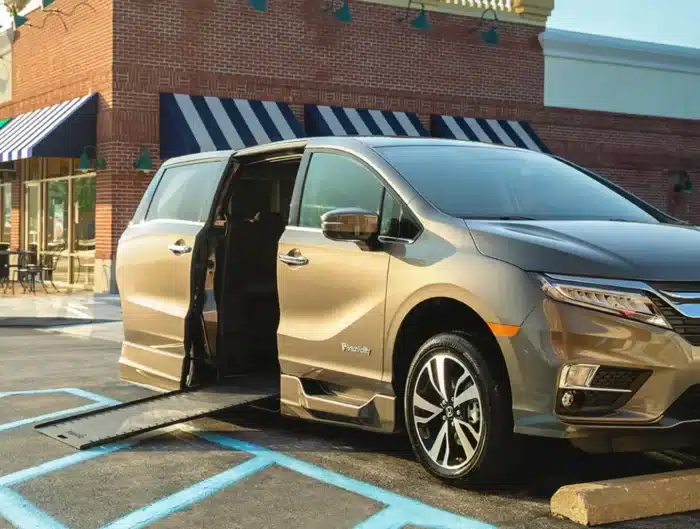 Access is a basic human right. In an ideal world, it would not depend on an individuals’ physical capabilities, but rather on their desire to do something or go somewhere. However, for parents of differently-abled children, this is not necessarily the case. In order to ensure safety and accessibility, parents must consider a variety of aspects for both in home and out of home situations.Home is of first and foremost importance when ensuring a child’s accessibility. Simple things like doorways, narrow hallways, steps and furniture layout can be daunting to a child with unique physical capabilities.
Access is a basic human right. In an ideal world, it would not depend on an individuals’ physical capabilities, but rather on their desire to do something or go somewhere. However, for parents of differently-abled children, this is not necessarily the case. In order to ensure safety and accessibility, parents must consider a variety of aspects for both in home and out of home situations.Home is of first and foremost importance when ensuring a child’s accessibility. Simple things like doorways, narrow hallways, steps and furniture layout can be daunting to a child with unique physical capabilities.
- First, remove things that can easily be tripped over. Although things like carpets may seem like a non-threat, a child’s crutch could easily catch the edge of a rug, causing a dangerous fall. To prevent this, tape rugs to the floor, eliminating the danger of loose edges.
- Unstable furniture is another potential in-home threat so try to use sturdy furniture that doesn’t easily fall over. Also, in determining room layouts, create wide aisles and generous spatial arrangements that give your child optimal maneuverability.
- Last, but certainly not least: lighting. Whatever your child’s unique abilities entail, it is important to create a well lit environment. Doing so can prevent accidents and create an overall sense of well being (for both you and and your child.)
The second area to consider in terms of accessibility is the school zone. There are several steps that can be taken in order to make your child’s educational facility both accessible and safe. Reaching out to the school administrator is a great way to educate them about your child’s unique needs. If possible, schedule a time to walk through classrooms and other relevant facilities in order to make suggestions and point out potential problem areas. Small changes, like widening aisles between desks, can make all the difference in your child’s overall accessibility.
Don’t forget to also consider public outings. If you’re planning a trip to a restaurant, a movie theater, or another similar space, call ahead to ensure that the facility has taken necessary steps to accommodate individuals with special needs. These precautionary steps help to ensure a positive experience for everyone involved.
When it comes to extracurricular activities, every child deserves to participate in fun active endeavors. Research special programs, sporting leagues and camps that are designed to accommodate children with unique needs. Adaptive sports programs, whose specific purpose is to provide sporting and recreation opportunities for children with special needs, are growing exponentially. Specifically, Disabled Sports USA, has 92 chapters in 37 states, Blaze Sports, another large organization with clubs throughout the US, offers a wide variety of adaptive actives.
By taking a few simple precautions, your disabled child can have the accessibility they deserve, increasing your child’s, as well as your own, quality of life.





Leave A Reply